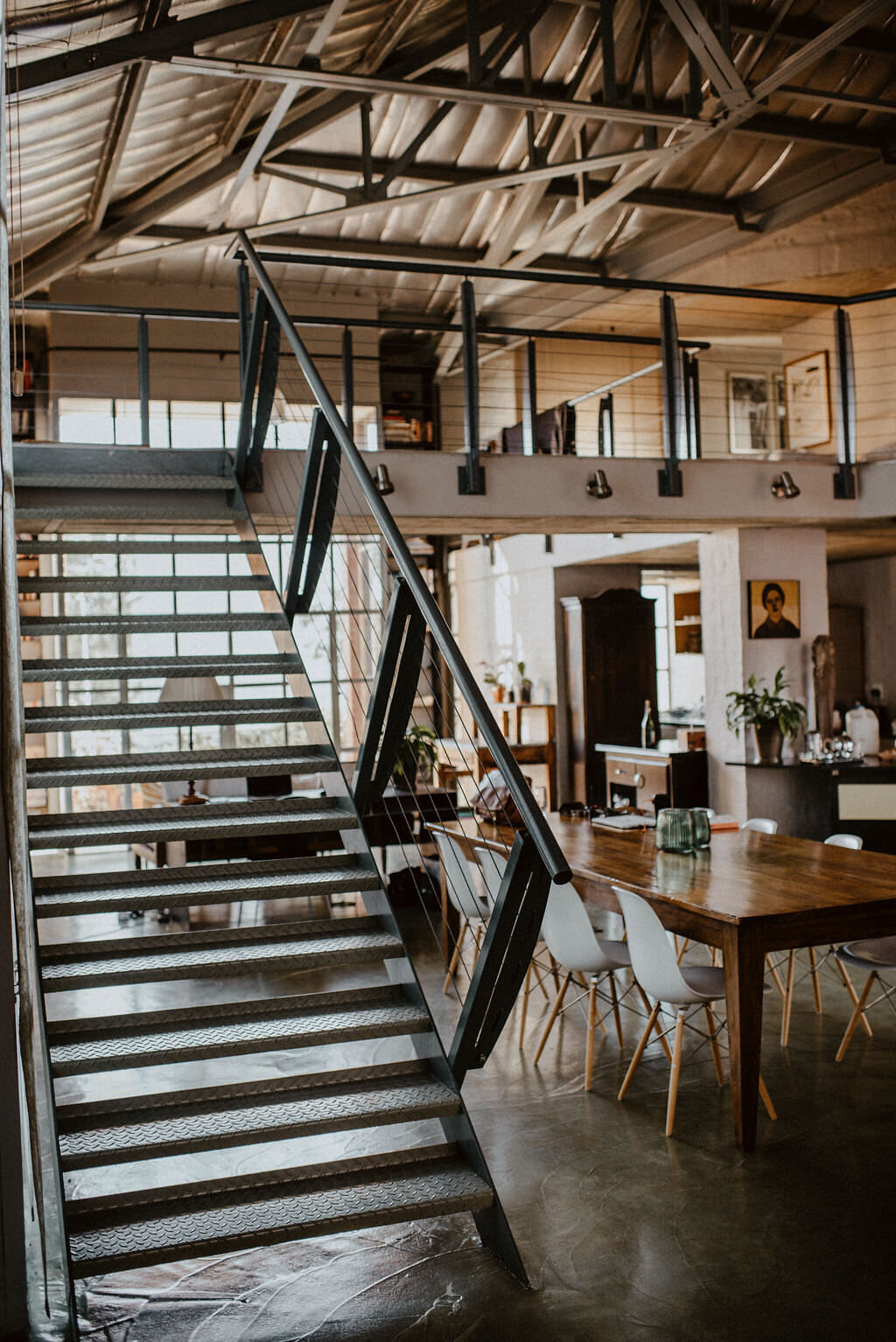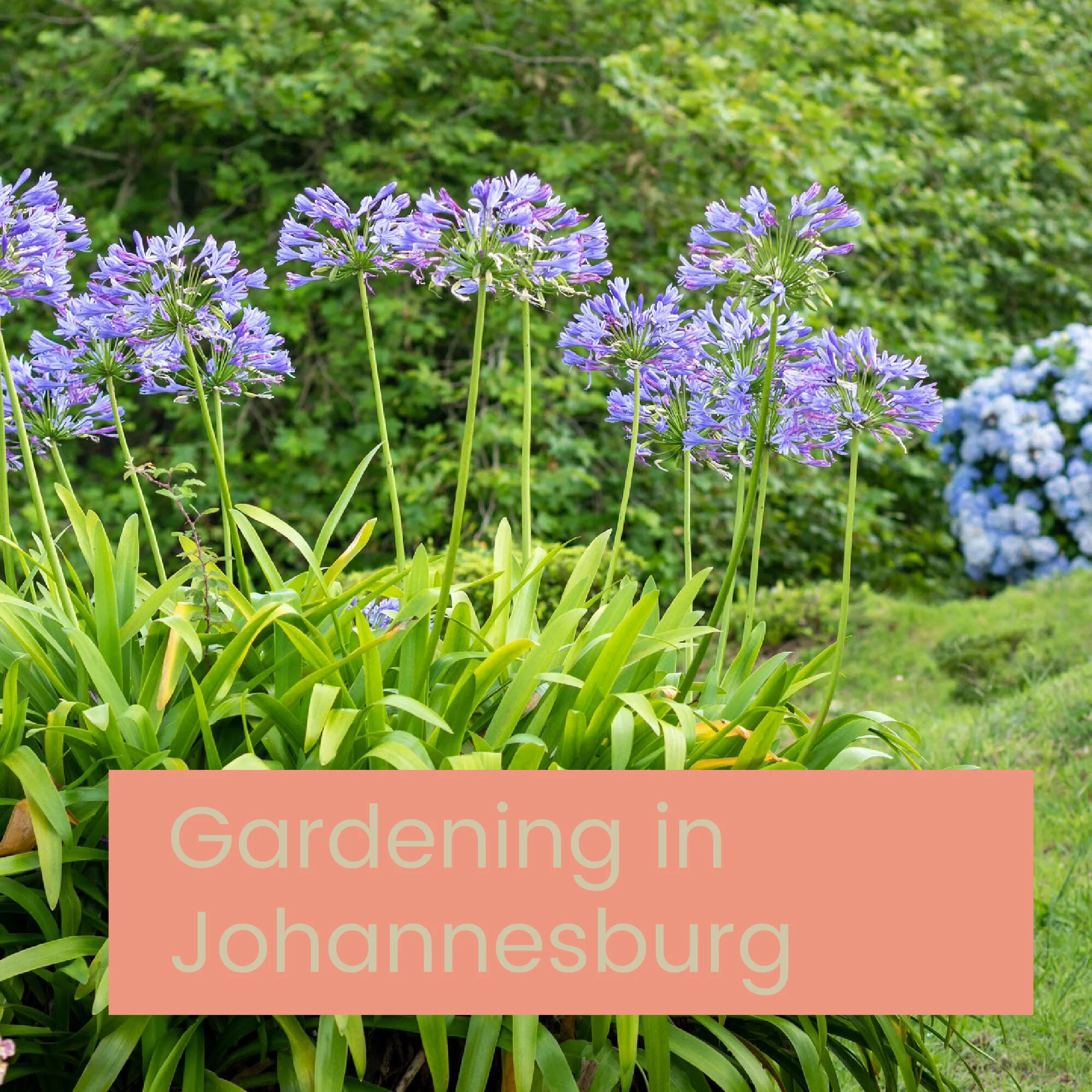Setting Up Mobile Phones and Internet in South Africa
/(Please note we do not have any paid affiliation or sponsorship deals with any of the accounts mentioned below - all comments are made from our personal experiences)
There are three main service providers, which all use the same telecommunications infrastructure (a legacy of a centralised communication network), and provide essentially the same kinds of contract options, but with some pros and cons:
Cell C: Affordable contracts but limited signal in some areas
MTN: There have been complaints of poor customer service in the past but MTN undoubtedly has the most expansive service network on the continent so with an MTN contract you’ll often get signal in area when others don't, which can be helpful if you intend on travelling to off the grid places.
Vodacom: The most established and accessible service provider (apart from in Bryanston area), you’ll find a branch in most shopping malls, and although there are still complaints around customer service, steps have been taken to improve this.
Similarly to setting up a bank account, to set up a cellphone contract you will need to provide proof of identity and proof of address, to comply with RICA, the Regulation of Interception of Communications and Provision of Communication-Related Information Act, which makes it compulsory for everyone in South Africa to register their cellphone number.
This can be a pain, but to reduce crime, needing to provide a permanent address has recently been introduced to make cheap phones and pay-as-you-go contracts more difficult for criminals to buy on the fly.
You can set up a contract at any franchise store around the country, provided you have the right documentation, but be aware that these stores can be busy, especially on weekends, and are often understaffed.
With rare exceptions, everyone in South Africa will have a mobile phone, but not everyone will have a smartphone, so keep in mind that communicating with some people will be largely via text, calls or Whatsapp.
Be aware that to get onto a contract you will need to have a work permit that is valid for the full 24 month period. But once on a contract it is cheaper than pay as you go for data and calls.
The best way to get set up is to pick up a SIM card at the airport, (you then don't need to have proof of residence). One company that offers this service is: B4 I Travel https://b4i.travel/za/.
Internet
If you want to get connected straight away, the fastest way to do this is to purchase a router through Vodacom and use their pay as you go service, this will enable you to get wi fi until you or your landlord set up the fibre or connection for you.
For more info click here: http://www.vodacom.co.za/vodacom/services/home-internet
Tip: Where possible try to get the wifi included in your rent, since often the contracts are 24 months, and hard to disconnect (particularly Telkom)
Telkom is the national telecommunications provider, and is a company you will often hear South Africans complain about due to poor customer services (although this has also been challenged to improve with recent industry competition).
Fixed Phone Line
Telkom provides fixed line voice and ADSL services, but they only provide the line. Once you have secured a Telkom line (which can sometimes be a lengthy process), you’ll need to take out an additional service provider contract, although they will manage the line for you.
If you are renting an apartment or house that has been lived in before you’ll often find that there is an existing Telkom line that just needs to be reactivated. In order to set up a Telkom line you will need to set up an appointment for a technician to activate/install the line.
While inconvenient, you will need to set aside a day to be at home, or arrange for someone to be there, as the technicians work on a rotation basis and won’t give you a definite time of arrival. They will also be leaving and coming back in order to check the line and how it corresponds with the central hub for your suburb/area so expect this to take at least an hour or two, depending on whether there is a problem or not.
You will be billed separately for the Telkom and the ISP accounts. You will receive all of the invoices via email.
The easiest way to pay your Telkom is by setting up a private beneficiary on your online banking profile and pay via EFT, otherwise you can pay in person at various physical locations, like Checkers and Pick n Pay stores, Telkom stores or at the Post Office. Easy Pay is another online payment option: https://new.easypay.co.za/
There is the option to set up a debit order for payment to your ISP, which you can set up through your online client profile (this is the case with Afrihost).
You will need to buy your own modem, although you can order this through your service provider for an extra fee. You will also need to do the setup yourself but if the Telkom line is working correctly this isn’t difficult at all.
Some options include:
Some Reviews
https://mybroadband.co.za/news/adsl/174116-best-and-worst-adsl-isps-in-south-africa-3.html
NOTE: When dealing with Telkom, especially when logging a fault (when your internet doesn’t work), always get a reference number.
Fibre
In many areas of Joburg there are various companies setting up fibre-optic lines, which are contracted by suburb.
Check with your apartment complex manager or residents association to find out which fibre optic service providers are in your area, and to find out specifics about contracts. In the case of an apartment complex, there will be a central fibre connection point that all apartments will connect to.
The difference with fibre is that it is independent of Telkom infrastructure, so you can deal with the service provider directly instead of having to go through a third-party line provider.
Some Options:
WebAfrica
Fibrehood
Vumatel
Vox Telecom
Cool Ideas
Vodacom
TELEVISION
To own a television in South Africa, you will need to pay an annual TV licence fee, which gives you access to all of the free national channels: SABC 1, 2 and 3 and eTV.
Read more: http://www.tvlic.co.za/tvlic/index.php?lang=en
To be able to watch a more diverse variety of television shows you will need to subscribe to DSTV. Premium access currently costs R759 a month, with various other packages available depending on the channels you want to watch. Note that there will be an additional cost for the DSTV decoder.
Read more: http://www.dstv.com/topic/compare-packages-20150713?pos4_GetDstv_ComparePackages
While many South Africans will have a DSTV subscription, online subscriptions are also becoming more popular, like Netflix and Showman. Particularly when linked to your own VPN service.
https://www.netflix.com/za/
https://www.showmax.com/eng/welcome/za
Voice Line
It’s not as common for households to have a fixed voice line anymore as everyone is contacted via mobile phone, but in the case that you want one for international calls, you will just need to follow the same contract setup process with Telkom as you would for an ADSL line- you’ll just be paying extra for voice line rental, and for calls.













